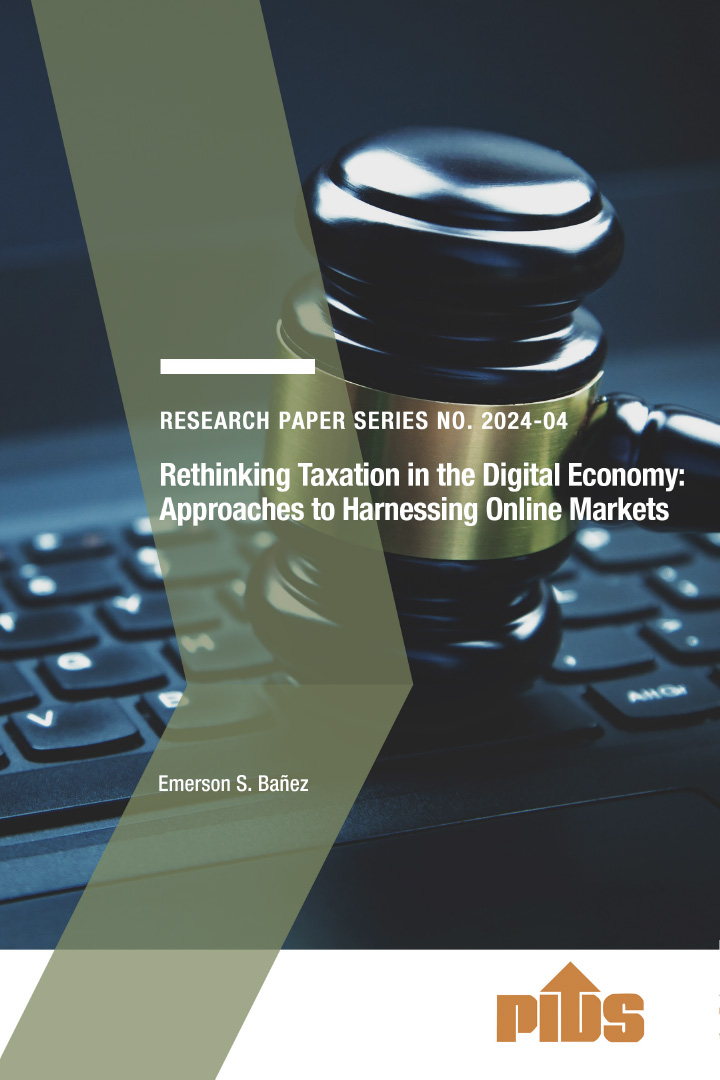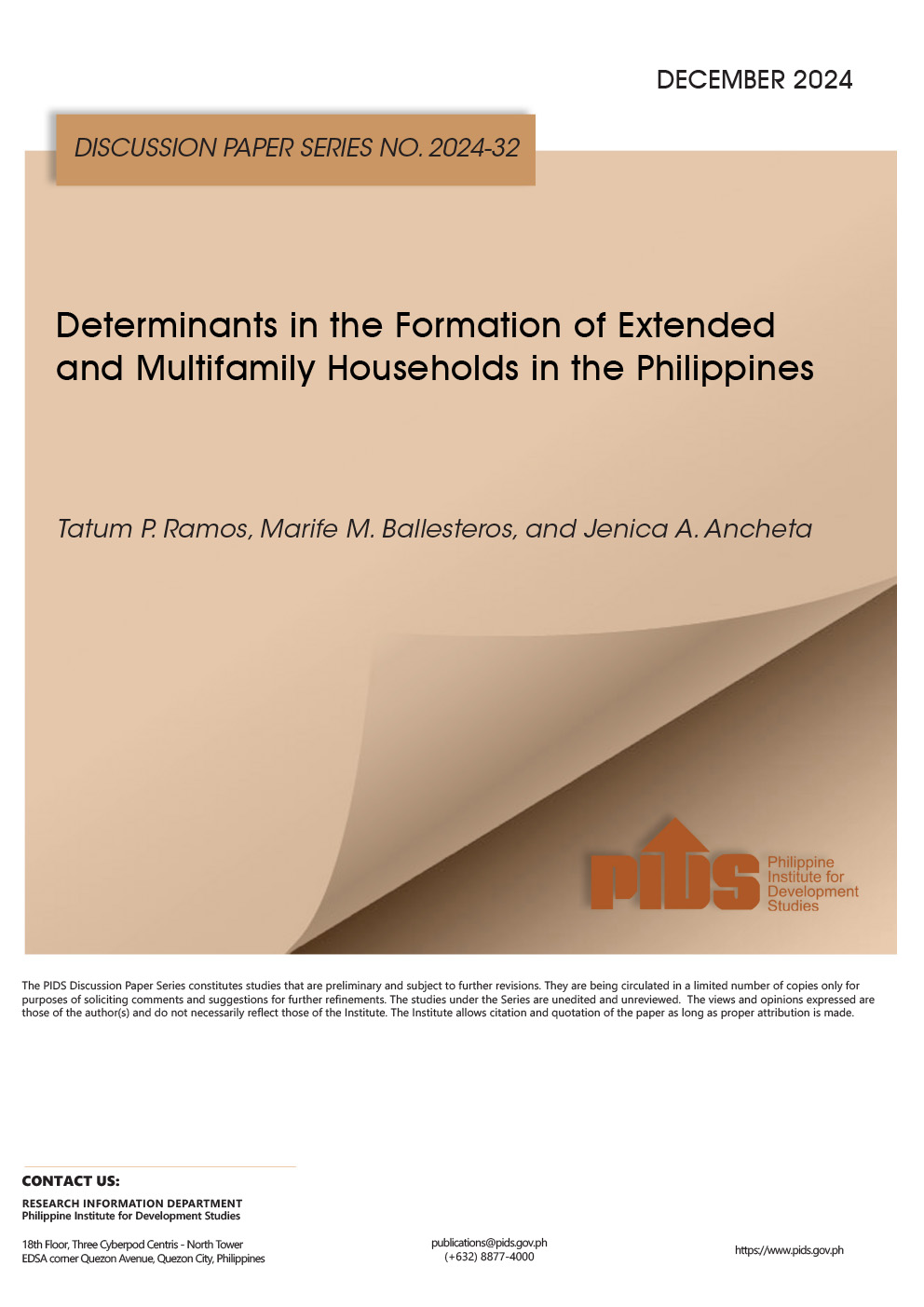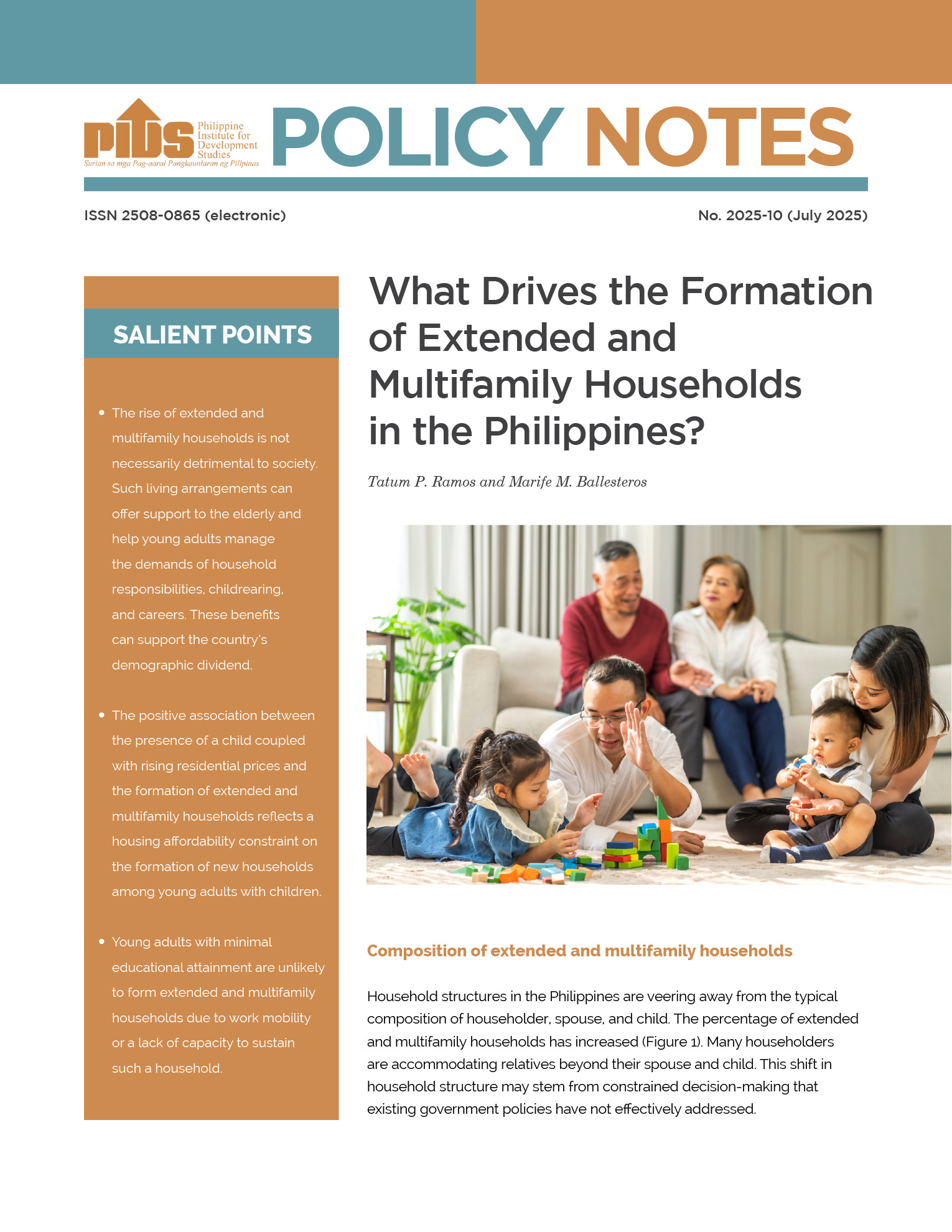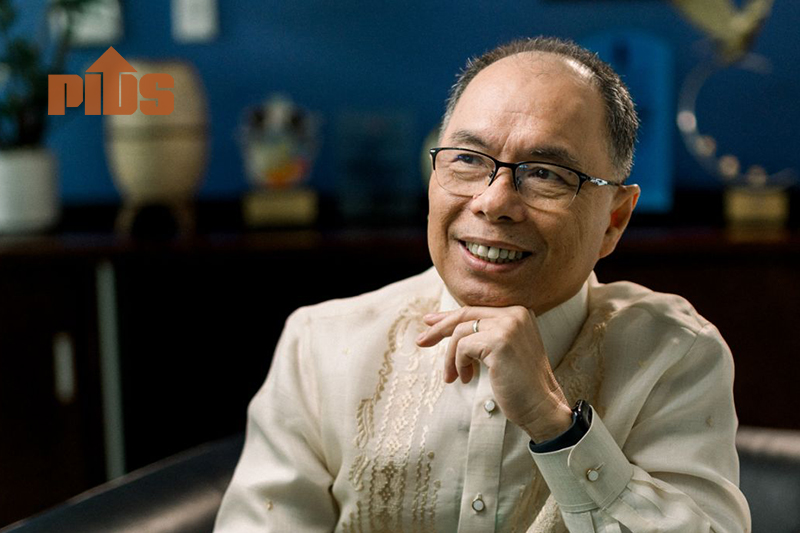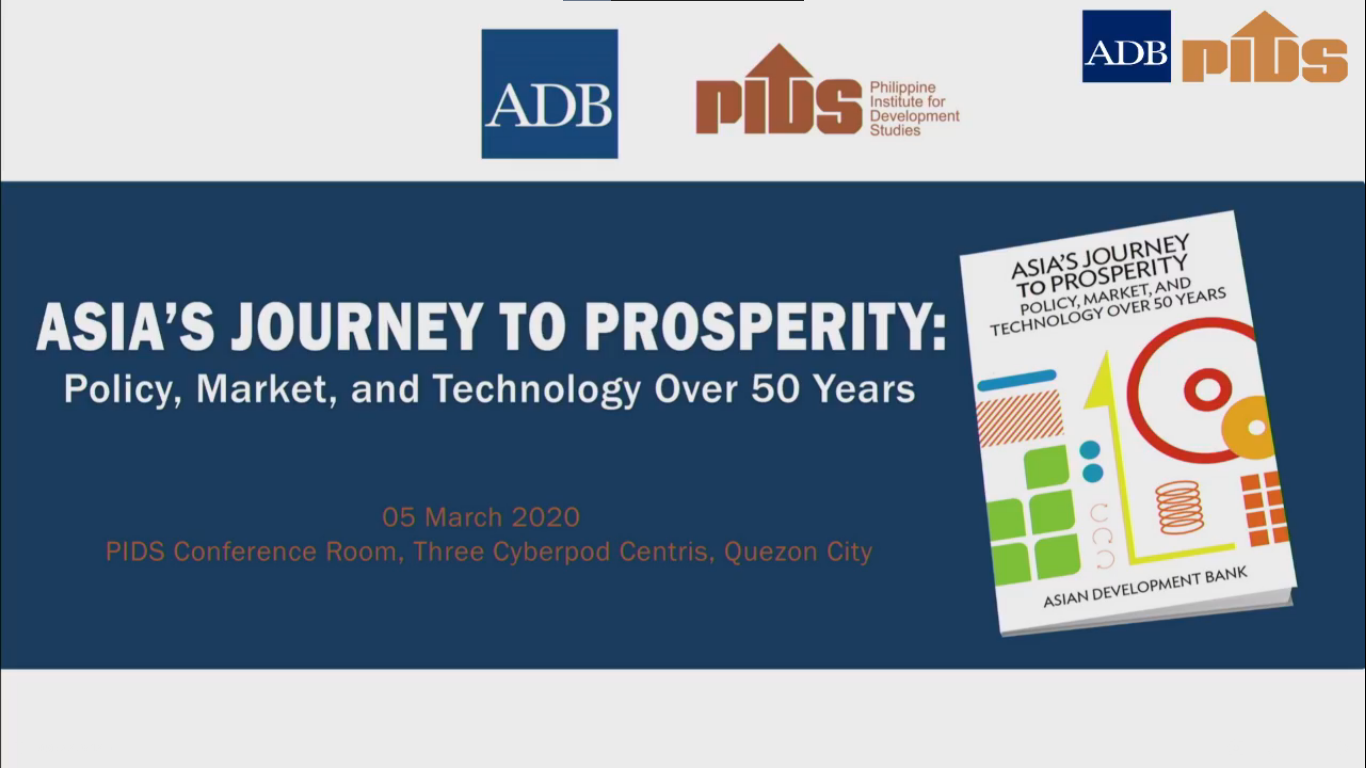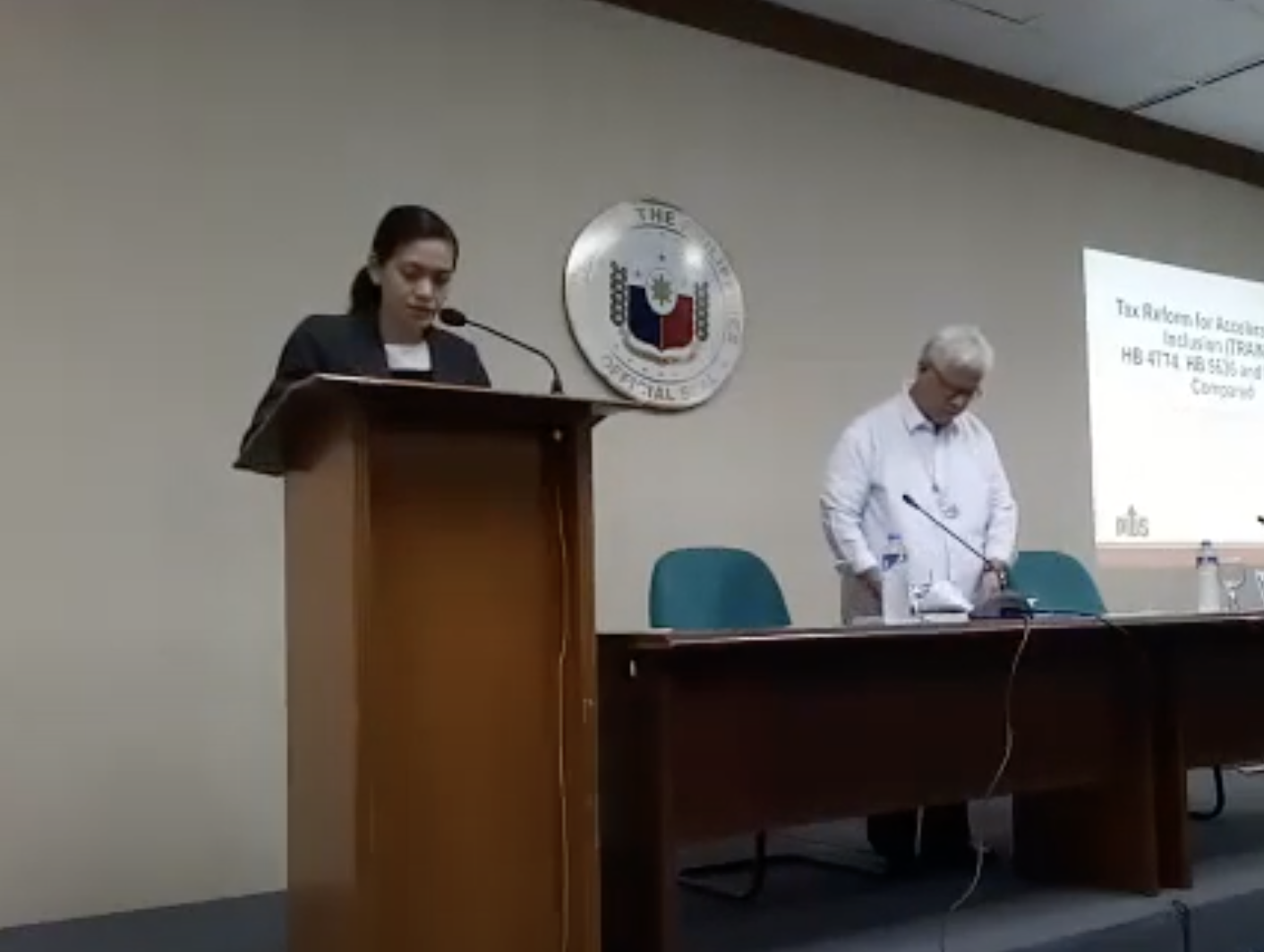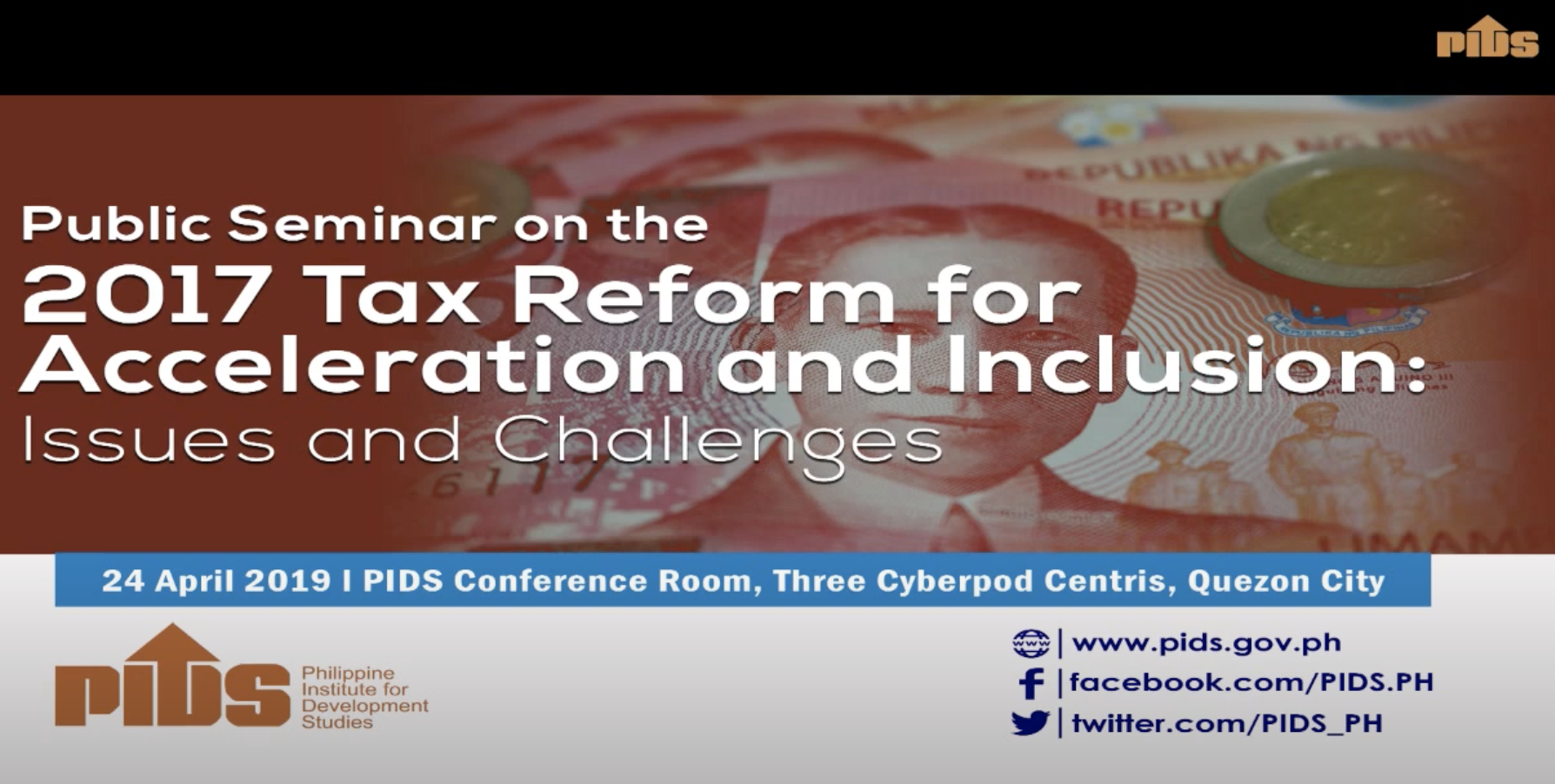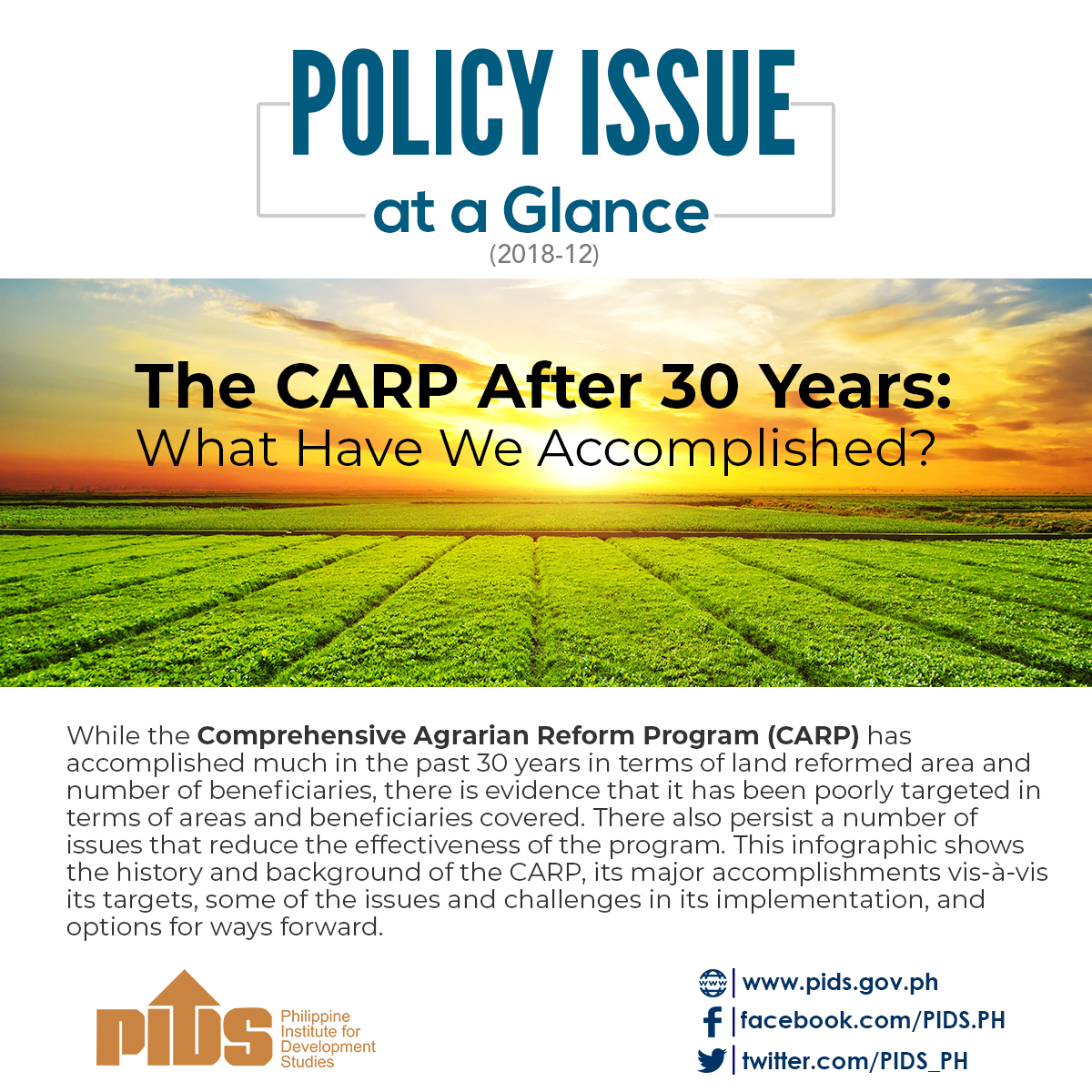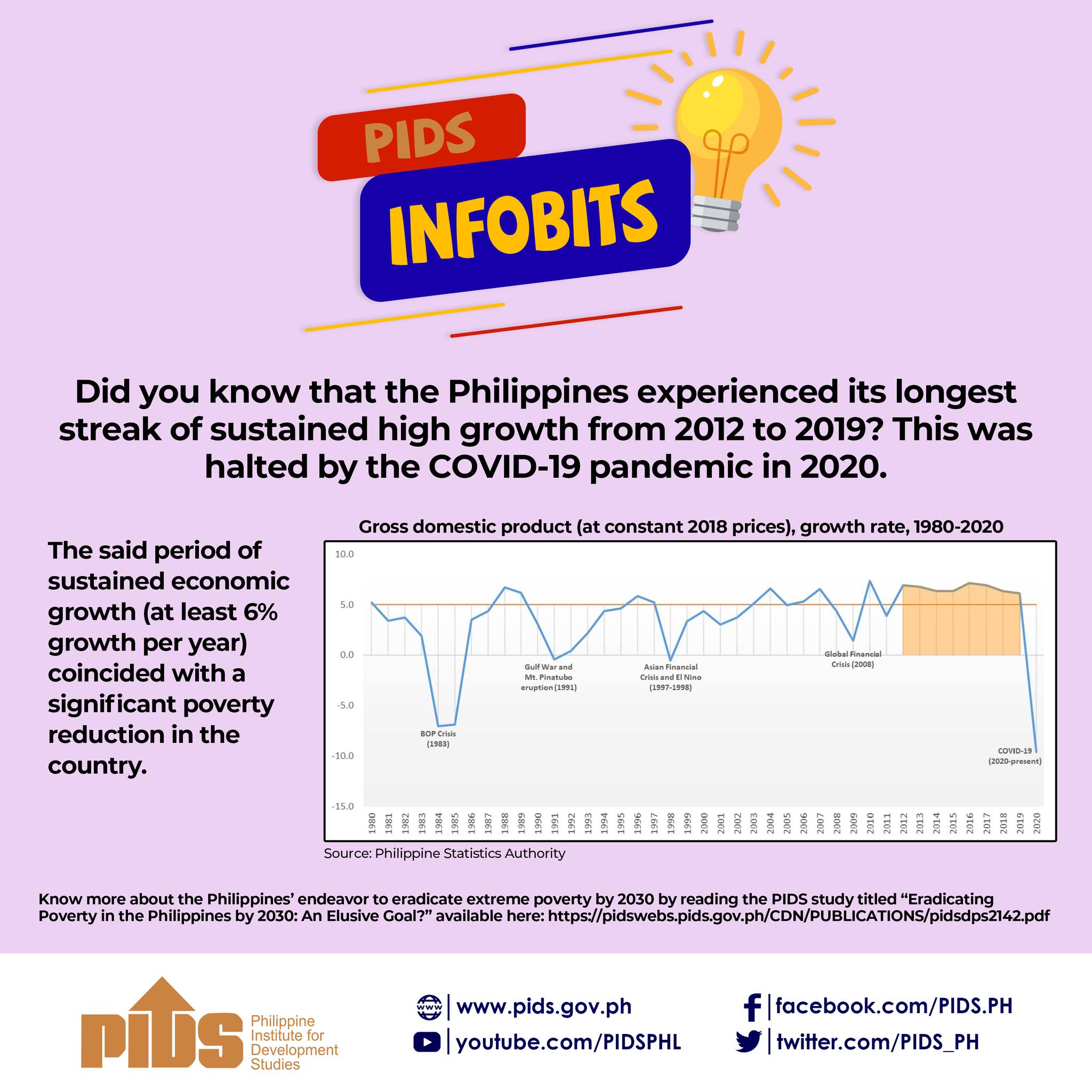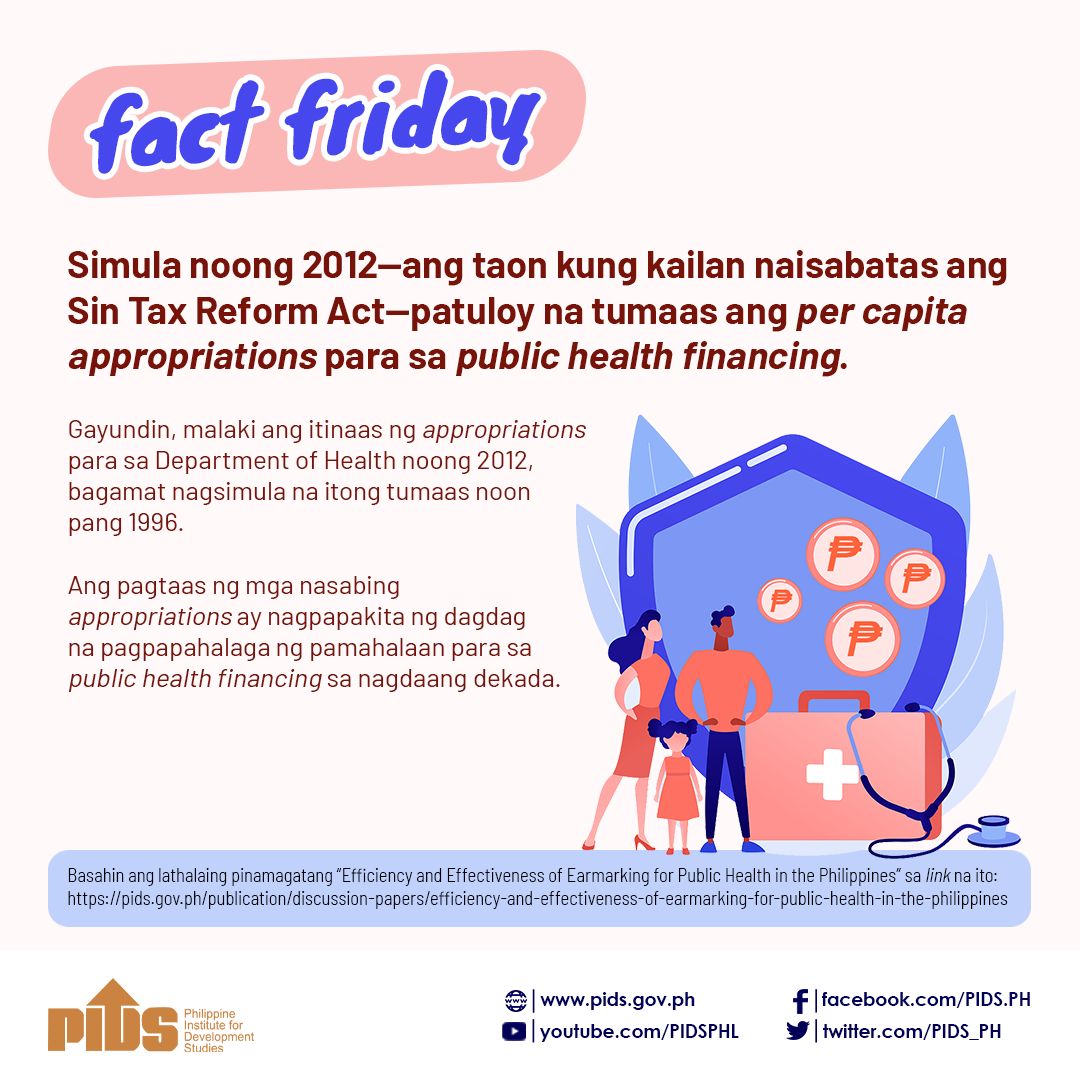The Board of Investments had granted a total of P247.6 billion in incentives to investors from 1995 to 2012, half of which went to power projects and the rest to other industries including mining, infrastructure, socialized mass housing, and agriculture.
In a briefing, Trade and Industry Assistant Secretary for industry development Rafaelita Aldaba, who conducted the study “Globalization and the Need for Reinforced Tax and Fiscal Incentives Policy” while she was still with the government think tank Philippine Institute for Development Studies (PIDS), said that tax and fiscal incentives for the power sector accounted for 51 percent of total while socialized mass housing accounted for 4 percent each.
The study also showed that the actual ITH claimed by BOI-registered enterprises as percentage of GDP amounted to 0.33 percent in 2004 and 0.31 percent in 2012. In that year, BOI registered enterprises claimed a total of P32.9 billion in ITH as against their total investments of P858.5 billion, exports of P90 billion and tax payments of P21.9 billion. The BOI firms also generated 149,878 jobs in that same year.
The study, which was submitted by BOI to Congress as inputs to the crafting of the TIMTA (Tax Incentives Management and Transparency Act) and the Rationalization of Fiscal Incentives Bill, also cited theoretical basis and empirical studies on factors that affect investment decisions by companies.
Based on the study, the grant of incentives to investments was the number one reason for investors in their decision to invest in the country.
The other reasons cited in the study according to ranking are transparent government policies, low tax rate and low tax liabilities, low incidence of labor strike, legal framework for dispute resolution, political stability, protection of intellectual property, low corruption, good infrastructure and equal treatment of investors.
On the continued grant of incentives to the mass housing sector, BOI Director Corazon Halili-Dichosa said this has been questioned several times.
But Dichosa said there is a social relevance to this policy. She cited the current housing backlog of up to 3.26 million housing units.
Since the government or the National Housing Authority cannot supply all these requirements, Dichosa said the BOI continued to grant the incentives to encourage property developers to come up with a low-cost (socialized) mass housing component.
Dichosa explained that a developer can only avail of the tax incentives once it has complied with the requirement that 20 percent of total cost of development should be allotted for socialized mass housing or housing units with a price of P450,000 and below.//
In a briefing, Trade and Industry Assistant Secretary for industry development Rafaelita Aldaba, who conducted the study “Globalization and the Need for Reinforced Tax and Fiscal Incentives Policy” while she was still with the government think tank Philippine Institute for Development Studies (PIDS), said that tax and fiscal incentives for the power sector accounted for 51 percent of total while socialized mass housing accounted for 4 percent each.
The study also showed that the actual ITH claimed by BOI-registered enterprises as percentage of GDP amounted to 0.33 percent in 2004 and 0.31 percent in 2012. In that year, BOI registered enterprises claimed a total of P32.9 billion in ITH as against their total investments of P858.5 billion, exports of P90 billion and tax payments of P21.9 billion. The BOI firms also generated 149,878 jobs in that same year.
The study, which was submitted by BOI to Congress as inputs to the crafting of the TIMTA (Tax Incentives Management and Transparency Act) and the Rationalization of Fiscal Incentives Bill, also cited theoretical basis and empirical studies on factors that affect investment decisions by companies.
Based on the study, the grant of incentives to investments was the number one reason for investors in their decision to invest in the country.
The other reasons cited in the study according to ranking are transparent government policies, low tax rate and low tax liabilities, low incidence of labor strike, legal framework for dispute resolution, political stability, protection of intellectual property, low corruption, good infrastructure and equal treatment of investors.
On the continued grant of incentives to the mass housing sector, BOI Director Corazon Halili-Dichosa said this has been questioned several times.
But Dichosa said there is a social relevance to this policy. She cited the current housing backlog of up to 3.26 million housing units.
Since the government or the National Housing Authority cannot supply all these requirements, Dichosa said the BOI continued to grant the incentives to encourage property developers to come up with a low-cost (socialized) mass housing component.
Dichosa explained that a developer can only avail of the tax incentives once it has complied with the requirement that 20 percent of total cost of development should be allotted for socialized mass housing or housing units with a price of P450,000 and below.//

